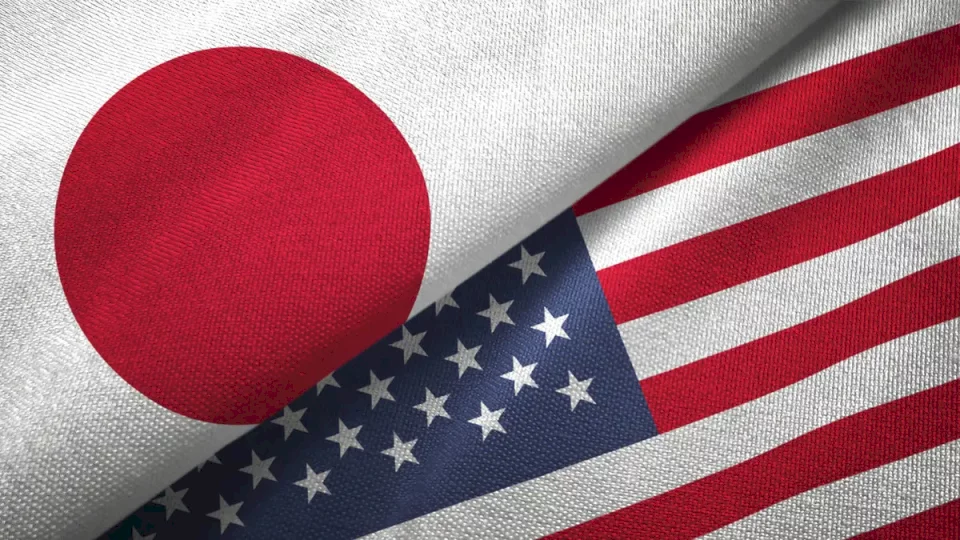
Japan Refuses to Make Concessions to Trump on Tariffs
SadaNews - Japanese Prime Minister Shigeru Ishiba said on Sunday that his country would not easily make concessions in trade talks with the United States, as the Wednesday deadline set by U.S. President Donald Trump for imposing tariffs of up to 35 percent on Japanese goods approaches.
In a television interview, Ishiba stated, according to the French news agency, "We will not provide concessions easily, and that is why negotiations take time and are difficult."
He added that Japan is preparing "to deal with all scenarios" in case an agreement is not reached.
Tokyo is currently seeking to avoid the tariffs threatened by Trump, which have been temporarily suspended since April for several countries, including Japan, in order to give negotiations a chance. The suspension period is set to end on July 9, meaning that the high tariffs would come into effect if no agreement is reached.
Ishiba: "We are not like other countries"
Ishiba emphasized that Japan should be treated differently, saying, "We are the largest country investing in the U.S. economy, and we are the largest employer there; we are different."
He added, "What is unfair? And how is it unfair? We need to examine every point of Washington's allegations."
U.S. Demands and Pressures on the Auto Sector
Trump had stated his intention to send a message to Japan, requesting a 30 percent or 35 percent tariff, as determined by the U.S. side, describing the trade relationship between the two countries as "unfair."
The U.S. president is particularly focused on pushing Japan to accept more imports of U.S. rice and cars, in an effort to reduce the trade surplus with Tokyo.
Contacts Between the Two Sides Before the Deadline
Ryoshi Akazawa, the Japanese trade envoy, made phone calls to U.S. Commerce Secretary Howard Lutnick on Thursday and Saturday, in an attempt to ease tensions before the tariffs take effect.
Ishiba confirmed in his television appearance that his country would express its position clearly, stating, "We are allies, but we have to say what we see as necessary."
This tension comes at a sensitive time marked by a rise in U.S. trade protectionism, amid efforts by Tokyo to contain economic damage without harming its strategic relationship with Washington.

The Problem of Shekel Overcrowding Worsens.. Fuel Station Owners Threatened with Closure o...

The Palestinian Economy at a Crossroads: 4 Files Awaiting Resolution

Currency Exchange Rates Against the Shekel (January 30)

Currency Exchange Rates Against the Shekel on Thursday (January 29)

Knesset Approves 2026 Budget in First Reading

Smotrich Calls on Bank of Israel to Rapidly Lower Interest Rates

Palestine Stock Exchange: 15 Companies Traded Today with Low Trading Levels
